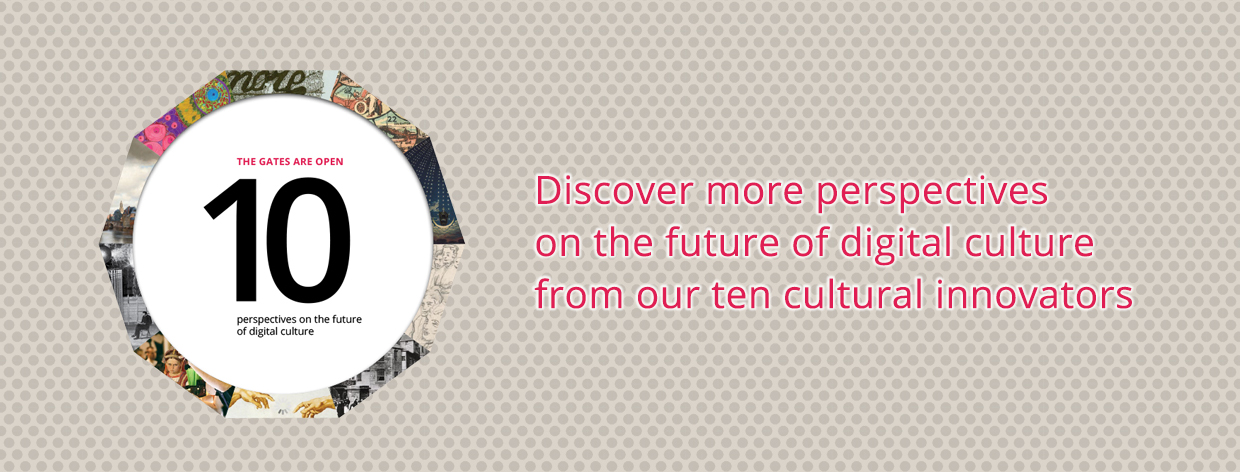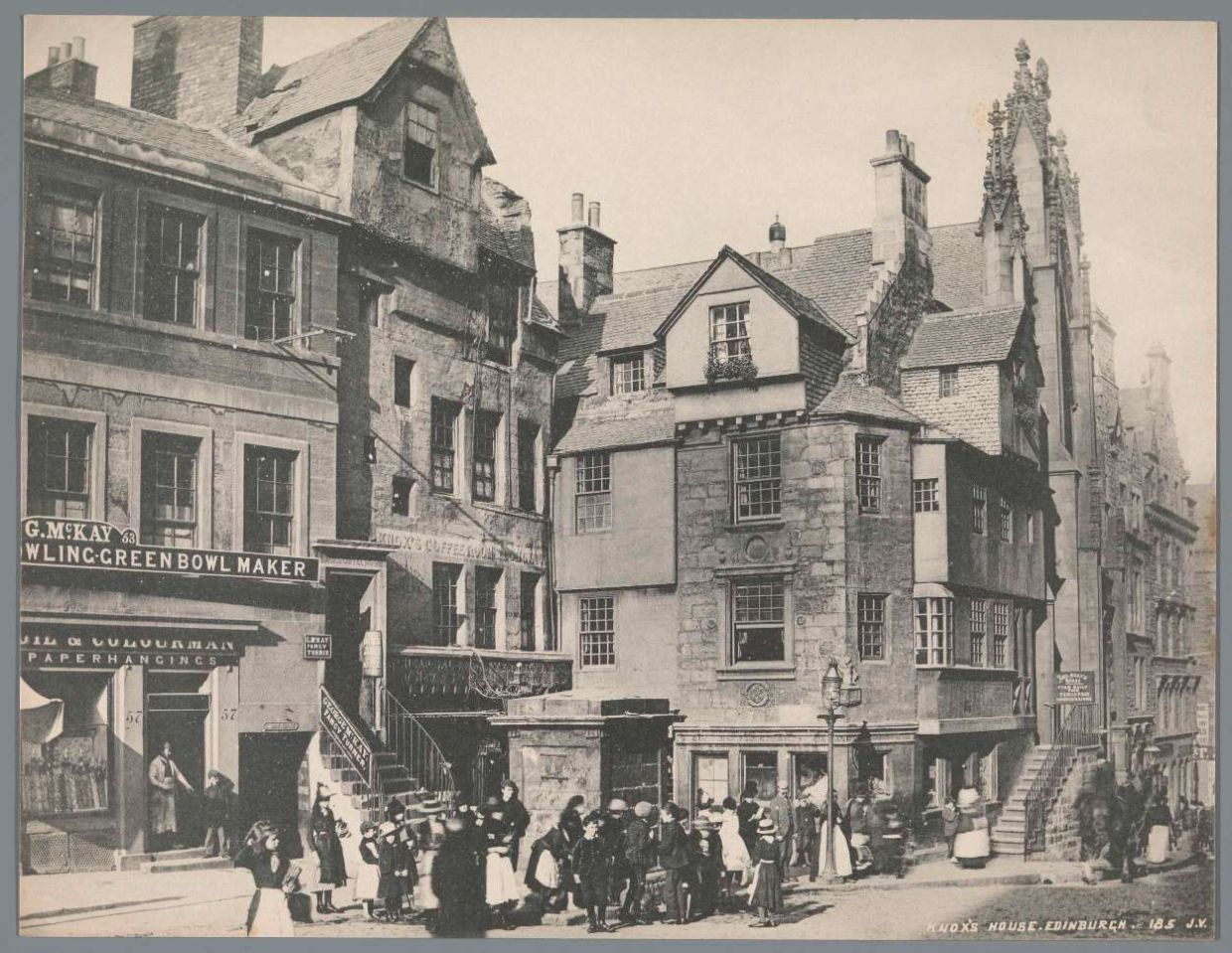At a time when all aspects of our lives – personal, political, and civic – are being transformed by the digital turn, we must remember that all data is historical data, coming into being because of the choices which were made to create and collect it, the intersection of power structures and infrastructures which have privileged it, and the deployment of available resources which have enabled it to exist.
From traffic records to social media streams to 3D scans of ancient buildings, the dataverse we now live in and with is dependent on a complex interplay of technologies, opportunities, privilege and resources.
We must interrogate the drivers for the creation, retention and attention given to certain datasets, and ensure that we are teaching a next generation ‘information literacy’ - the ability to evaluate and successfully deploy available data in their lives.
Europeana sits as a portal to the past as well as the present. It is a trusted resource for distributed access to both shared and local heritage, indicating a community goal of including human culture and history in our data society. The effects are practical (increasing access), promotional (making sure the heritage industry is considered in a forward-looking digital age) and political (allowing cultural differences and commonalities to be explored).
All data is historical data, a mere set of sample points, just as historic photos are narrow time-specific captures of a layered and multifaceted past. We must continue to ensure that our cultural history is part of our complex, fleeting, data present.



